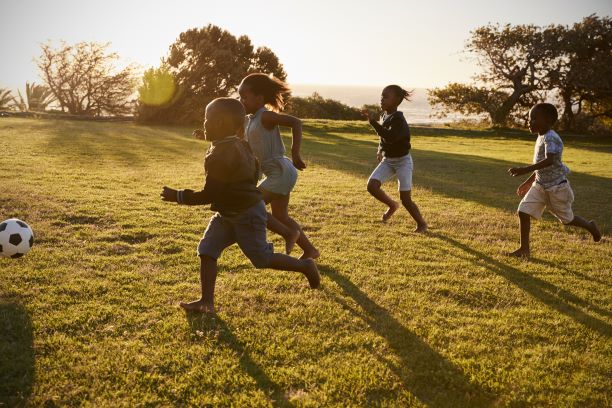Racing towards 2030: Using the Sustainable Development Goals to move inclusion forward in sport

If there was ever a time in our history to consider how to not leave anyone behind, 2020 was that year. As people and organizations seek to reconcile the impact of COVID-19, we need to think about how we build back in ways that intentionally bring people together and collectively work towards a better future. The…
The cost of financial fraud
A CBC Sports investigation revealed that nearly $8 million has been stolen from dozens of sports leagues and associations across Canada in the last decade, almost all of it by someone inside the organization. Learn how sport organizations can reduce their risk to fraud in the SIRC blog.
Resilience Through Adaptation: How Sport Organizations Responded During the COVID-19 Pandemic

Directions from public health organizations during the COVID-19 pandemic drastically altered the sport sector, causing many sport decision makers to reconsider what their organization does and how they do it. Although the full scope of the short- and long-term impacts are yet to be seen, some organizations have not survived. Others have used this period…
Gold Medal Governance – Setting Direction
For sport organizations, strategic foresight – the capacity to anticipate and act in the present to meet one’s needs in the future – is critical to success. Boards of directors can nurture strategic foresight to inform decision making by regularly making time for future focused work.
Reducing Vulnerability to Fraud in Sport Organizations

Community sport clubs in Canada can be vulnerable to financial fraud, where someone uses their position for personal gain by deliberately misusing an organisation’s resources or assets. According to our research, recently featured in a CBC Sports investigation, the impact of fraud can be deep and last for years, regardless of the amount of money…
Membership engagement
For community sport organizations, understanding what members value, their suggestions for improvement, and desires for future programming, is essential for long-term success. For the Rocky Point Sailing Association, findings from a membership survey helped inform return to play strategies and engaged members in setting the organization’s vision for 2021.
Cybersecurity risk
Human error is the leading cause of data and security breaches – weak password management; using old, non-updated software; careless handling of data; and lack of knowledge. To protect your organization’s online data, experts recommend building a culture of security centered around digital security awareness training.
Strategic Foresight: An Essential Skill for All Boards

This blog focuses on “setting direction,” a key aspect of “gold medal governance.” It is part of a series designed to increase the capacity of sport organizations to effectively govern in an increasingly complex world. Read the first blog, providing an overview of the six keys to gold medal governance. Without foresight, leaders aren’t able…
Athletes’ Anti-Doping Rights Act
The 2021 Canadian Anti-Doping Program (CADP) incorporates the World Anti-Doping Agency’s new Athletes’ Anti-Doping Rights Act. Developed by athletes, for athletes, the Act outline various athlete rights with respect to the fight against doping and to further support athletes worldwide in their right to compete in clean, fair and ethical sport. Learn how the CADP…
Strengthening data protection practices through education

Data Privacy Day is an international effort held annually on Jan. 28. The purpose is to create awareness about the importance of privacy and protecting personal information and encourages dialogue for organizations about which best practices should be implemented. The COVID-19 pandemic has brought about many changes for the Canadian sport sector including a shift…